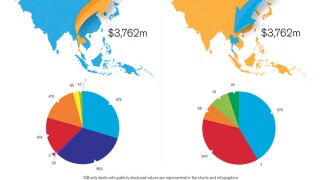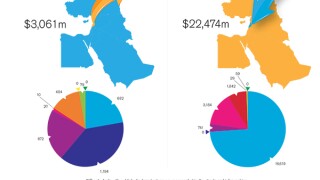Firm
New hires were made across corporate, M&A, regulatory, finance and antitrust practices in the UK, US, Italy, Belgium, Germany and Asia-Pacific
Future Abu Dhabi head Gonçalo Capela Godinho explains why Pérez-Llorca is exporting its Iberian expertise to Abu Dhabi
Danielle Roman, managing partner of the firm’s Hong Kong office, shares her priorities for leading an offshore law firm in today’s financial markets
Corporate lawyer David Brennan joins the firm after 14 years at Gowling WLG, where he led the global technology group
Winston Taylor is expected to launch in May 2026 with more than 1,400 lawyers across the US, UK, Europe, Latin America and the Middle East
New hires were made across the PE, M&A, banking and finance practices in London, Riyadh and key US hubs
Manoj Purush, managing partner of Reed Smith Singapore office, discusses his vision, integrating the office into the firm’s global strategy, and opportunities in the Southeast Asian M&A landscape
From term sheets to closings, M&A partner Aaron DeLong discusses the challenges and craft of dealmaking
Sponsored
Sponsored
-
Sponsored by Kudun & PartnersKudun Sukhumananda and Kom Vachiravarakarn, Kudun and Partners
-
-






















